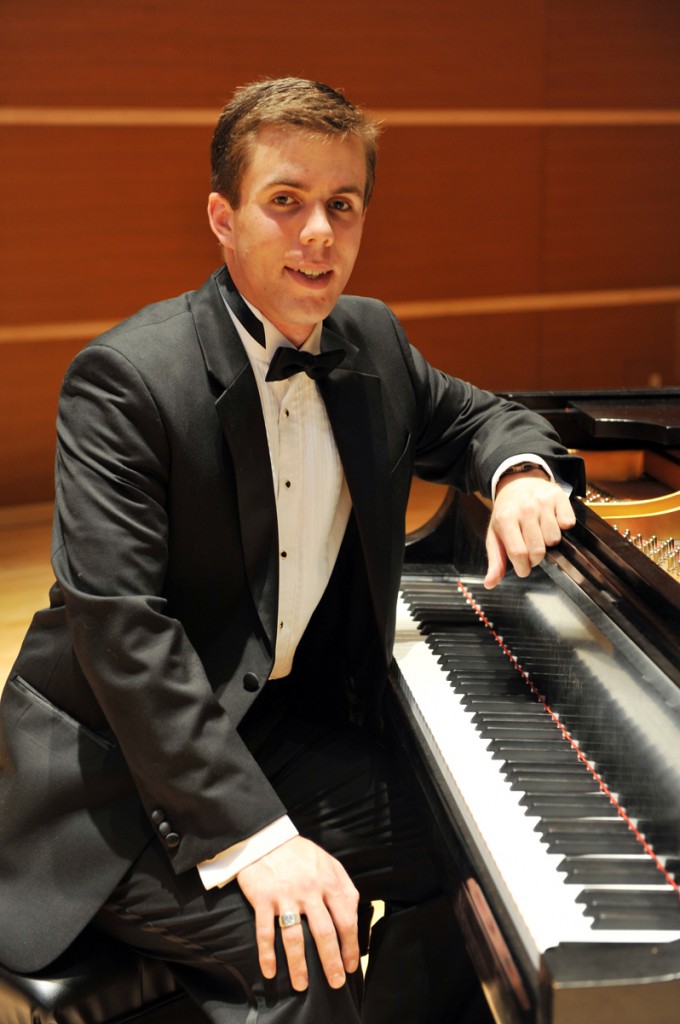Today, I had the privilege of attending a scholarly lunch with UVA Law Professor Brandon Garrett. The topic of the day was a draft chapter from his forthcoming book on how corporations are prosecuted, entitled “Too Big to Jail.”
Professor Garrett began by explaining the practical difficulties inherent to prosecuting corporations. Traditionally, corporations face respondeat superior (literally “let the master answer”) liability for the actions of their employees. This principle was articulated by the Supreme Court (quoting an earlier treatise) in New York Central & Hudson River R.R. v. United States:
If, for example, the invisible, intangible essence of air, which we term a corporation, can level mountains, fill up valleys, lay down iron tracks, and run railroad cars on them, it can intend to do it, and can act therein as well viciously as virtuously.
212 U.S. 481, 29 S. Ct. 304, 53 L. Ed. 613 (1909).
In fact, the Department of Justice quite often declines to prosecute corporate offenders directly, signing instead Deferred Prosecution Agreements (DPAs), which most often require the payment of fines and the institution of meaningful reforms by the offendor. Typically, the corporation will work to complete its obligations over a period of years, after which the DPA will end with no subsequent prosecution.
Central to the draft chapter under discussion was the role of victims in corporate prosecutions. Professor Garrett described several past anecdotes in which victims of corporate malfeasance had no opportunity to contribute to the resulting criminal case, including BP’s Texas City Refinery explosion in 2005. He concluded by proposing that cases involving victims’ rights be treated with enhanced importance. Specifically, Professor Garrett advocated the establishment of formal rules through which victims’ stories might be heard, damage awards allocated, et cetera, over against the current non-formalized method.
In the Q&A that followed, I asked Professor Garrett whether his observations hold true for government contractors, who are heavily regulated and face far-steeper consequences than fines, including potential debarrment from all government work. Framing such consequences as a “civil collateral consequence,” Professor Garrett agreed that government contractors are far less worried about paying a fine than about potential debarrment, noting the recent Siemens foreign bribery case as an example. Prosecutors in such cases can bring to bear such enormous pressure that companies often settle. On the other hand, he noted, some companies are likely just too big (or too important) to debar. Recent examples include IBM, Boeing, and ITT.
Professor Garrett plans to complete the “Too Big to Jail” manuscript within the next year. The title will be published by Harvard University Press.

